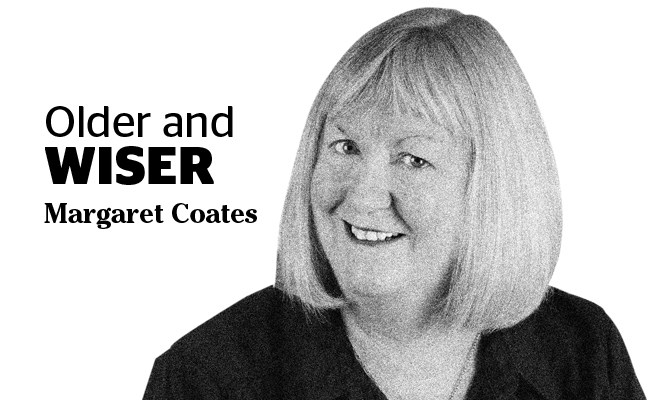Have you been a family caregiver for a loved one? Are you one now?
According to an October 2016 report, Circle of Care: Supporting Family Caregivers in B.C., there is a strong possibility that at some point in your life you will have provided or will provide care as a caregiver.
The report goes on to say that, “the most common conditions in Canada involving caregivers are cancer, cardiovascular disease, mental illness and degenerative brain diseases (including Alzheimer’s).” It also states that caregivers 65 years of age or older are most likely to spend the longest hours providing care.
And the likelihood is that the burden on caregivers is going to grow given our aging population and the increase in age-related chronic diseases.
While the role of caregiving saves the health care system millions of dollars, keeps those needing care from accessing expensive services (emergency, long-term care beds), and often provides superior care for adults, caregiving is not always acknowledged for its value to the community or to the caregiver.
The role of a caregiver, while rewarding, can be very stressful.
In the Circle of Care report, the writers state that, “Caregivers may suffer from increased physical, psychological, and financial strains that can reduce their ability to care for themselves and for their loved ones.”
Caregiving, though integral to the health care system, is also invisible.
In an attempt to address the issues of caregiver “strain” and its invisibility the Doctors of BC who authored the Circle of Care report say that they and the government, “can play a leading role to support family caregivers and recommend a health care planning and delivery approach that recognizes, includes and supports caregivers as partners in care.”
Doctors of BC are committed to a policy that family caregivers need and deserve to be formally recognized as part of B.C.’s health care system.
Barb MacLean, executive director of Family Caregivers of British Columbia, said in an Oct. 18 press release that, “We are thrilled with the policy focus of this paper, and to our knowledge it is a first in Canada. We expect it to help accelerate a shift in health care culture and policy towards patient- and family-centred care.”
The Doctors of BC are also committed to raising awareness among physicians of the role they can play in recognizing and supporting caregivers.
They intend to develop practical resources to help physicians enhance supports for caregivers and to include caregivers as partners in care. They also hope to raise awareness of physicians to the community resources that support caregivers.
On the North Shore, physicians could point their patients to the North Shore Community Resources Caregiver Support Program, which provides an array of services for caregivers, including: caregiver support groups and educational workshops, stress management strategies and relaxation techniques, telephone support and individual consultations, assistance in navigating the health care system, and information and referral to health care and community services. It can be accessed at 604-985-7138.
Physicians could also point to the services of Family Caregivers of B.C., whose goals are to inform, support and educate to improve the quality of life for family caregivers.
The organization promotes the significance of family caregivers and offers direct support to family caregivers, with a toll-free B.C. Family Caregiver Support Line (1-877-520-3267).
In a Statistics Canada report (updated 2015), Martin Turcotte says, “other services such as renovation credits, respite services, practical advice and emotional support, can assist those who are caregivers.”
He goes on to say, “according to some studies, such interventions benefit not only family caregivers, they are also beneficial to care receivers (for example, by reducing the need to resort to institutionalization of the recipient immediately).”
A senior near you who is looking after a family member is carrying a tough burden. We all need to be aware of and to support these family caregivers.
Margaret Coates is the co-ordinator of Lionsview Seniors’ Planning Society. She has lived on the North Shore for 47 years and has worked with and for seniors for 20 of those. Ideas for future columns are welcome. Email: lions_view@telus.net. Info: lionsviewseniorsplanning.com.



